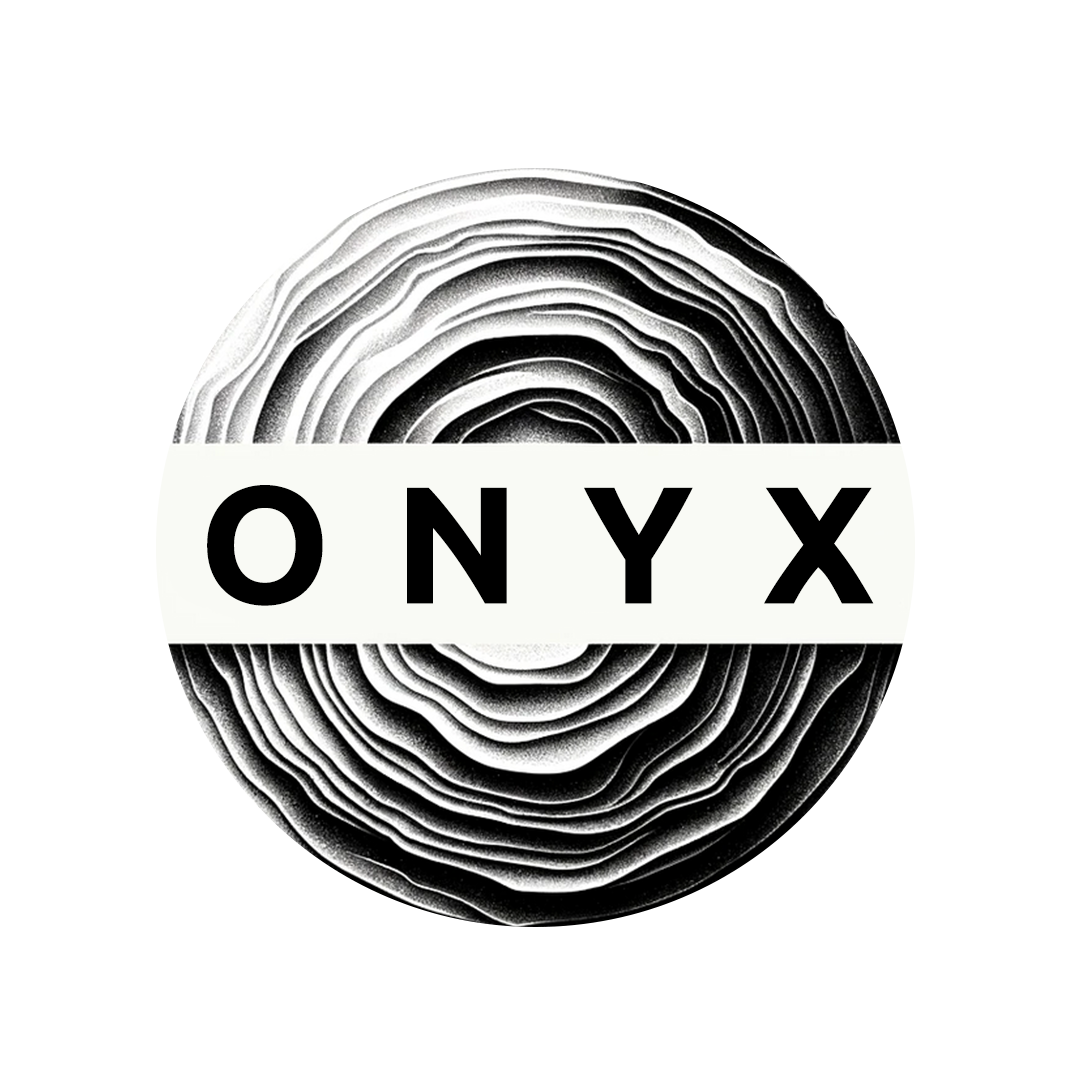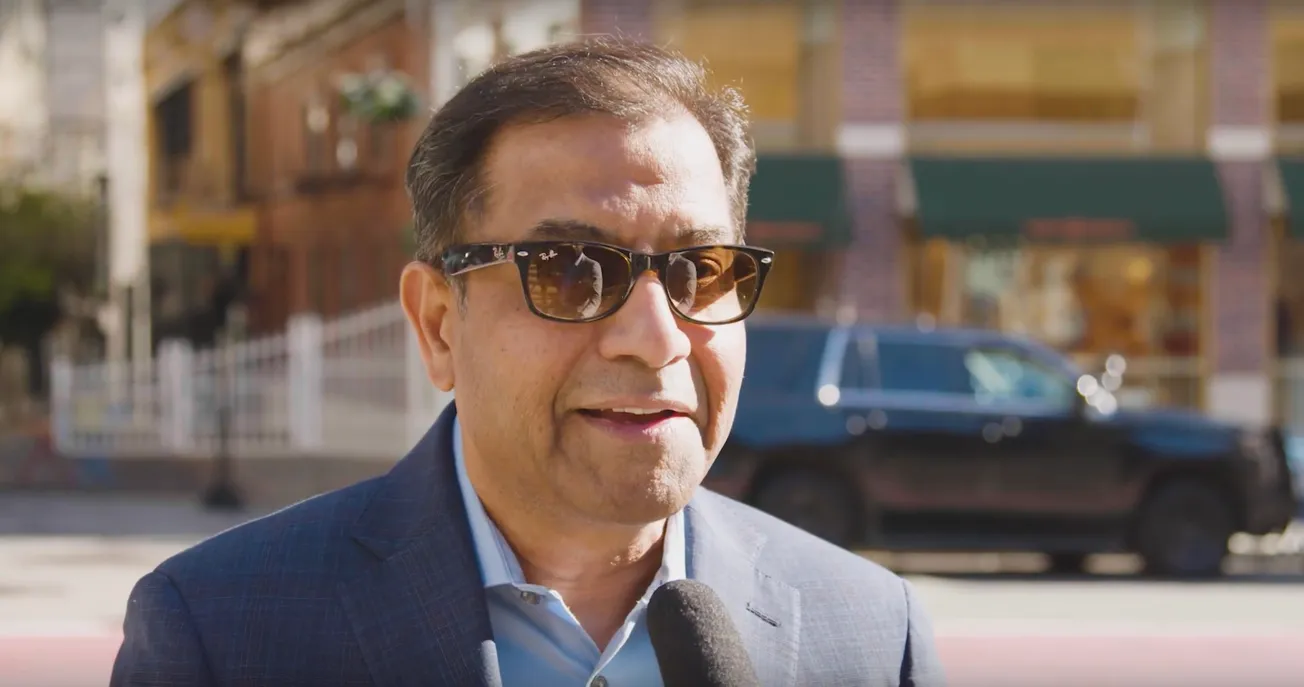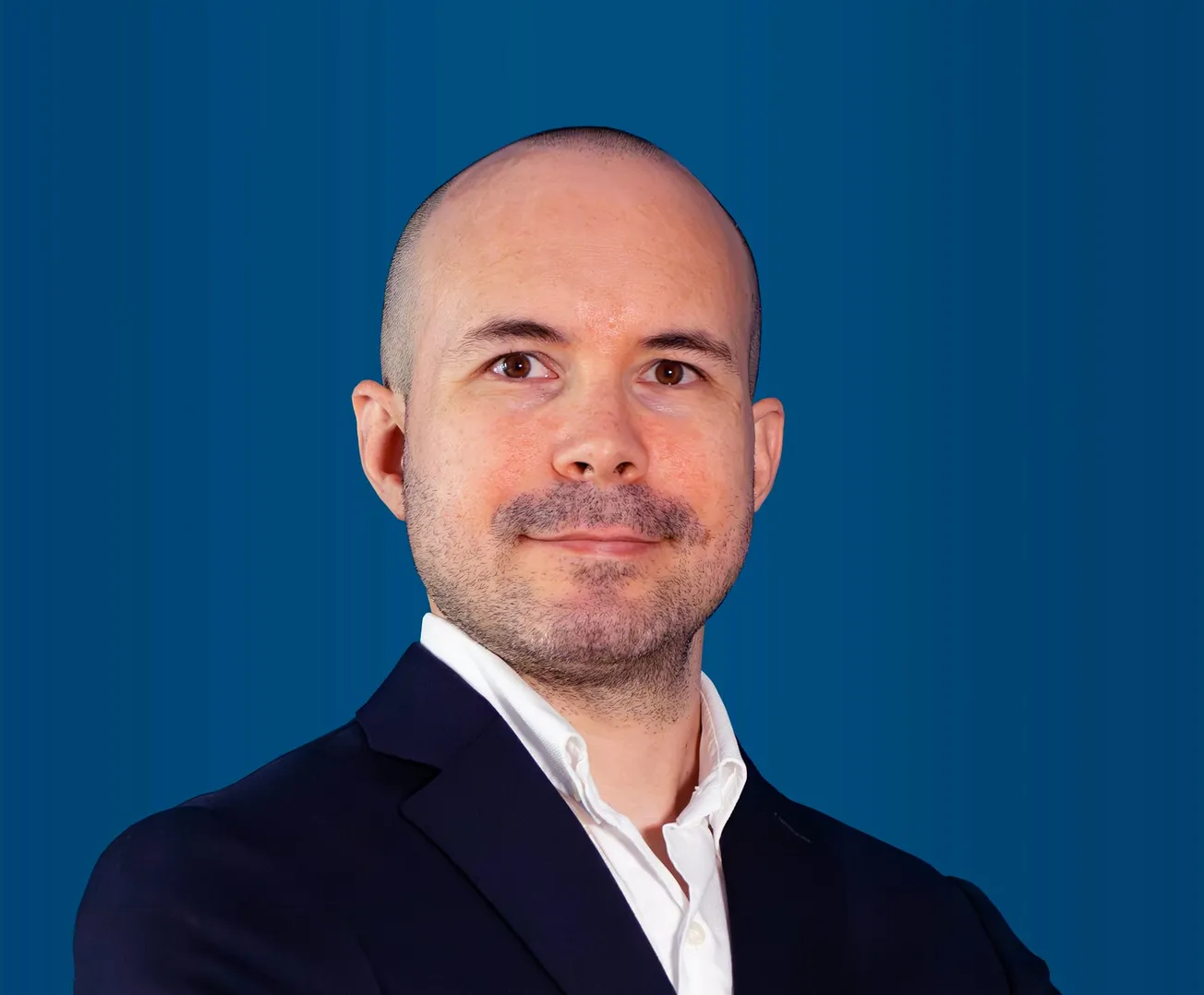Table of Contents
Helmy Eltoukhy, CEO of Guardant Health, sat down with Onyx for a feature length interview.
Was it a conventional path that took you to leading one of the most exciting companies in disease detection?
At Stanford, I was working in electrical engineering—circuit design, signal processing, semiconductor physics and engineering. Then I started on a project that essentially married image sensors—CMOS image sensors like in your cell phone—to DNA sequencing.
That project became my PhD thesis and the basis of my company, the first semiconductor-based DNA sequencing instrumentation company, which I sold to Illumina in 2008.
At Stanford, I was involved in the tail end of the $3bn Human Genome Project. When I joined Illumina, I think the cost of human genome sequencing had dropped to about a million dollars - five years later we’d got it down to about a thousand dollars.
There had been all these predictions from the best scientists and research experts, even inside the company, that once we got to the thousand-dollar genome, we'd be solving human disease and making big breakthroughs - but it didn’t happen.
I thought, rather than just trying to lower the cost, what about developing applications based on low-cost sequencing in cancer? I started Guardant in 2012 with my co-founders, AmirAli and Michael, with the goal of creating a blood test you could take at an annual physical that could detect cancer much earlier than previously possible.
You're a founder CEO. How important do you feel that is?
Extremely important. When you're doing first-of-a-kind things in a field as difficult as diagnostics, there's disappointment, setbacks, and difficulties. Founders, people who have the vision for the technology, can look beyond short-term or even medium-term setbacks, take a few hits and carry on. At first, people thought it was science fiction or snake oil to get that information through blood. Today, I think something like close to 25% of breast, lung, and colorectal cancer patients in the US are getting a Guardant test.
So I understand you've got Shield, which is FDA-approved for colon cancer. Can you talk through your different diagnostics and how they work?
Think of it like this - in finance, compounding is one of the most powerful forces, and the same applies in technology. We built the company on a principle we called technology compounding.
We first tackled an easier problem: detecting stage four cancer in blood. We could overcome a technological hurdle that was much easier than early-stage cancer and help late-stage patients get matched to better therapies based on the genomics of their disease.
We launched that in 2014. The data we collected allowed us to develop a test, Guardant Reveal, for cancer survivors, detecting stage one through three cancer returning in those patients. All of that data then allowed us to use it as a stepping stone toward Shield, which is for early cancer detection.
Early colorectal cancer detection was the clearest path to an FDA approval. That doesn't mean it's for the faint of heart. We had a 22,000-patient trial, one of the largest trials of any kind that anyone has done. It took three years and hundreds of millions of dollars, but that allowed us to get approval for Shield —the first blood test that's a primary screen for early cancer detection. It's the only cancer type that has a pathway for Medicare reimbursement. Shield is also a stepping stone for larger opportunities.
That same test has the capability to detect dozens of other cancers. All we have to do is flip software and we can detect lung cancer, pancreatic cancer, gastric cancer, and so on. That's the beauty of being able to scale with the platform that we have. We're indicated for 120 million Americans, we have Medicare coverage, and we have private payer coverage.
We're starting to see signals not just in cancer but in inflammatory diseases like rheumatoid arthritis, cardiovascular diseases, and other areas. We think this test, while it may only detect colon cancer today, will detect many dozens of cancers - and there's a good chance of many thousands of different diseases and conditions over time.
Everyone's talking about AI, how important is it to you?
Unlike the internet and the tech space, healthcare continues to be extremely data-starved. If you think about the types of data that your physician has collected on you, it's rudimentary unless you've gotten really sick—maybe temperature, blood pressure, a few simple blood tests.
With Shield, every test we run generates gigabytes of information. These are a different class of tests than anything seen before in terms of the amount of data we're collecting. Imagine now that data is being collected on an annual or semi-annual basis in every individual. That is the fuel that AI thrives on.
In terms of proprietary data, what does your data moat look like?
We're approaching probably a million patients' worth of data. But more recently, with early detection, with the new versions of Guardant360, we've upgraded our whole platform to what we call this smart liquid biopsy. What we mean by smart is we've gone beyond genomics to epigenomics.
A simple way of thinking about the power of the epigenome is that in our 37 trillion cells, every has the exact 6 billion letters—two copies from your mother and father in terms of the 3 billion base genome. If they all have the exact same genome sequence, why do cells look so different? Liver cells look different than your skin cells or eye cells, and it's because of the changes, the switches that are there. Essentially, there's a software layer in charge of these differences and switches and that’s the epigenome.
The technology we've built allows us to see both simultaneously. When you can see the state of the switches, you can tell the exact function of that cell. You can tell it's a liver cell, a brain cell, and you can also tell what's malfunctioning in that cell. That's why we can detect different types of cancer.
We can actually see the specific subtype of cancer—not just that it's lung cancer, but it's small cell lung cancer; not just breast cancer, but it's triple-negative. That's why this can be extended to almost any disease, not just cancer.
The challenge with genomics is that there are only really three main disease conditions that change the genome: cancer, infectious diseases—which by definition have a different genome—and rare diseases that people are born with. Everything else doesn't change the genome, but everything changes the epigenome. So cardiovascular disease, Alzheimer's—all these things don't change the genome, but they change the epigenome. That's the beauty of this new platform we've built.
What about the cost?
From the current version of Guardant360 CDx to where our newest version is, there's been about a 100x increase in the sort of information we pull out from the genome, yet the cost is roughly the same.
This is what we all know, love, appreciate, and benefit from in the tech space—the deflationary trend of technology where the same thousand-dollar iPhone suddenly does a lot more things than the first iPhone in 2007.
Healthcare has always been additive. The costs are rising much higher than inflation. We believe that if you think about a test like Shield or Guardant360, where the price stays constant but the functionality and capabilities of that test grow 10x every three or four years or every five years, we can, I think for the first time, see a deflationary trend and actually get our healthcare costs under control.
You’ve mentioned Medicare. Where are you with private insurers?
Medicare tends to be what private payers look to. It's very hard to get private payer coverage without having Medicare coverage. We have Medicare coverage now for all of our tests. We're working through private payers and trying to get them on board over the next few years.
One of the challenges is that a lot of private payers, even after hundreds of publications and Medicare coverage, may still refuse to pay for the test. We've worked with the American Cancer Society to pass biomarker testing laws now in over 15 states across the United States.
In those states, if Medicare covers a particular diagnostic test, essentially private payers are required to cover it as well. It's been heartening to see many of those laws pass with nearly unanimous participation on both sides of the aisle - cancer and testing seem to be one of the last bipartisan issues out there.
Where do you want to take Guardant?
We have a first-of-its-kind approval in terms of early cancer detection. 50,000 people die of colorectal cancer every year in the United States. Seventy-six percent of them come from the unscreened population. We're focused on making sure this launch of Shield is as successful as possible because we know for a fact that if this test gets out there, it is going to produce one of the biggest decreases in colorectal cancer mortality in the last 10 years.
We just revamped our portfolio in terms of the epigenomic backbone on the therapy selection side. Clinicians and oncologists have been very excited about some of these new capabilities. Essentially, there are drugs sitting on shelves today that can save a significant number of patients' lives, and those patients are going undetected right now.
What have you achieved, and what are your plans for the future?
About 600,000 individuals die of cancer in the U.S., and 10 million die globally. Our tests are available in over 60 countries. We've seen fantastic progress in Japan, and the UK—the NHS just adopted our testing for nearly all lung cancer patients in England. It’s been exciting to see the public-private partnership we've been able to form. We're doing something similar in Spain, and we announced a collaboration in Italy.
The name Guardant Health - what's the significance and how did you come up with it?
It sounds like an antivirus software company. When you think about cancer, it really is a bad program in a cell—it's malware, essentially. Our ultimate vision is that we can guard wellness through a simple blood test in every individual. That's why getting to early detection, getting to this goal of a blood test at an annual physical, is really the first step of bringing that vision to fruition.





